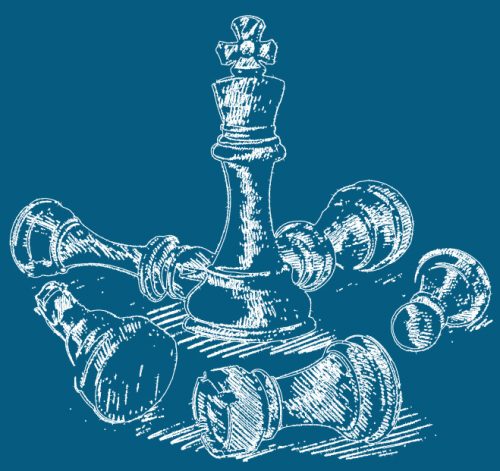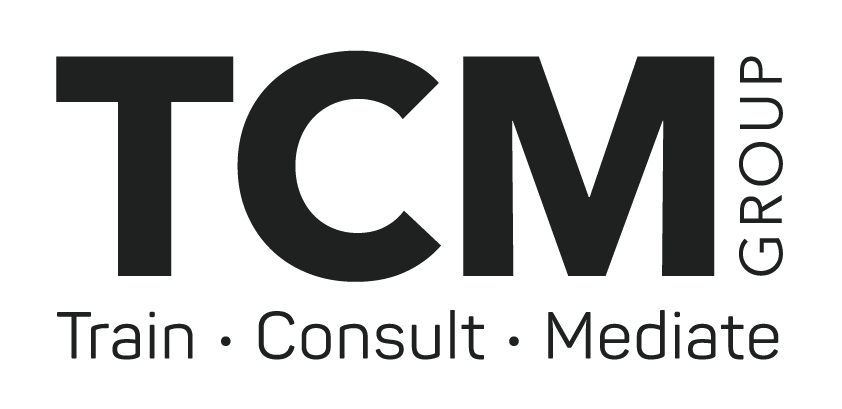
An alternative approach to resolving disputes at work is helping Northumberland County Council build more cohesive and effective teams during austere times.
The council has been working with The TCM Group to embed an in-house mediation programme including training a cohort of around 20 internal mediators, who are helping staff involved in work-related conflict settle their differences quickly and respectfully.
Northumberland County Council is a unitary authority which employs around 4,000 people and serves a population of around 316,000 in North East England.
In 2017, HR Manager Andrew Meikle recognised that the council needed to improve the way it was dealing with the inevitable ‘divisive and time-wasting disputes’ that arose between staff in an organisation that was under pressure to deliver more and better services with less resources.
“Like any organisation we occasionally have employees who don’t get on and teams that become dysfunctional because of the dynamic between some of the people,” he explained. “Managers were bringing these situations to HR, but when we looked at what the actual grievances were about, it was clear that a lot of situations could have been nipped in the bud much earlier in the process.”

“What we were often seeing was a lack of understanding that some people do things differently – and an unwillingness to accept that, even if it resulted in the same outcome,” he said. “A manager wants something done one way, an employee thinks their way is better – and what are really quite small issues end up turning into formal grievances.”
An alternative approach
The council decided to make a shift away from formal procedures being the first port of call for aggrieved employees and amended its policy to state that mediation should be considered before a formal grievance was lodged. It then put out a call for staff who were interested in becoming mediators and chose The TCM Group to provide two intensive, six-day accredited mediation training programmes.
Staff were drawn from across the authority, regardless of professional background or level of seniority. “We have a real mix of people, from an early career HR professional through to a head of service and spanning a whole range of departments. If they are capable of being a good mediator it doesn’t matter where they work or what level they are at,” said Andrew.
The training has resulted in a cohort of around 20 internal mediators who can be called up to facilitate mediations as and when needed. A mediation co-ordinator manages the process, assessing requests, finding out who is available to facilitate and organising logistics.
Although it is still early days, the focus on mediation is already paying dividends, with the majority of disputes being successfully resolved. “There have been a good number of cases where we have managed to get people back on a level footing and able to work together again,” said Andrew. “In some cases, managers have been really sceptical beforehand about whether the two parties would ever get on, but have come back to me a couple of weeks down the line saying ‘I don’t know what you did in that mediation, but they are getting on like a house on fire now.”

Union support
Winning union support for the new focus on mediation has also been key. The authority is currently going through the process of getting formal union endorsement for the change to its grievance procedure. “They are open to it and generally supportive, because of course there is a benefit to them too if we are able to stave off a grievance,” said Andrew. “A one-day mediation, which hopefully results in a positive outcome, is a lot less time consuming than having to undertake a grievance investigation and everything that goes with it.”
Looking ahead
Since the initial training, the council has also run a refresher day and set up a quarterly support and knowledge sharing network where mediators can share experiences and learn from each other.
Going forward, it plans to continue embedding this alternative approach to resolving disputes – which is already having clear benefits for both individuals and the organisation.
“As an individual, investing time in doing the training gives you a lot of additional skills you can use to manage situations in both your personal and professional life,” said Andrew. “From an organisational point of view, it’s too early yet to have empirical evidence about the impact it’s had – but we have certainly had some good successes. It’s a very worthwhile skill set to have in the authority and over time I am sure we will see the number of grievances continue to go down.”






